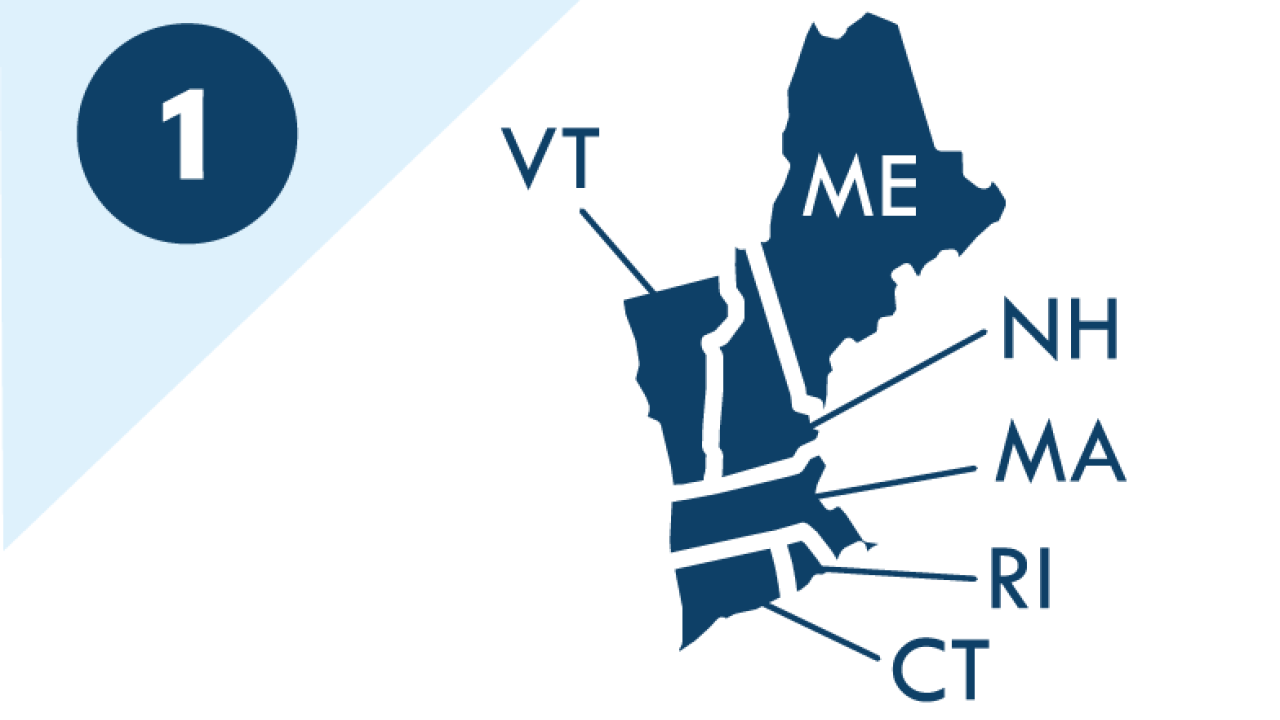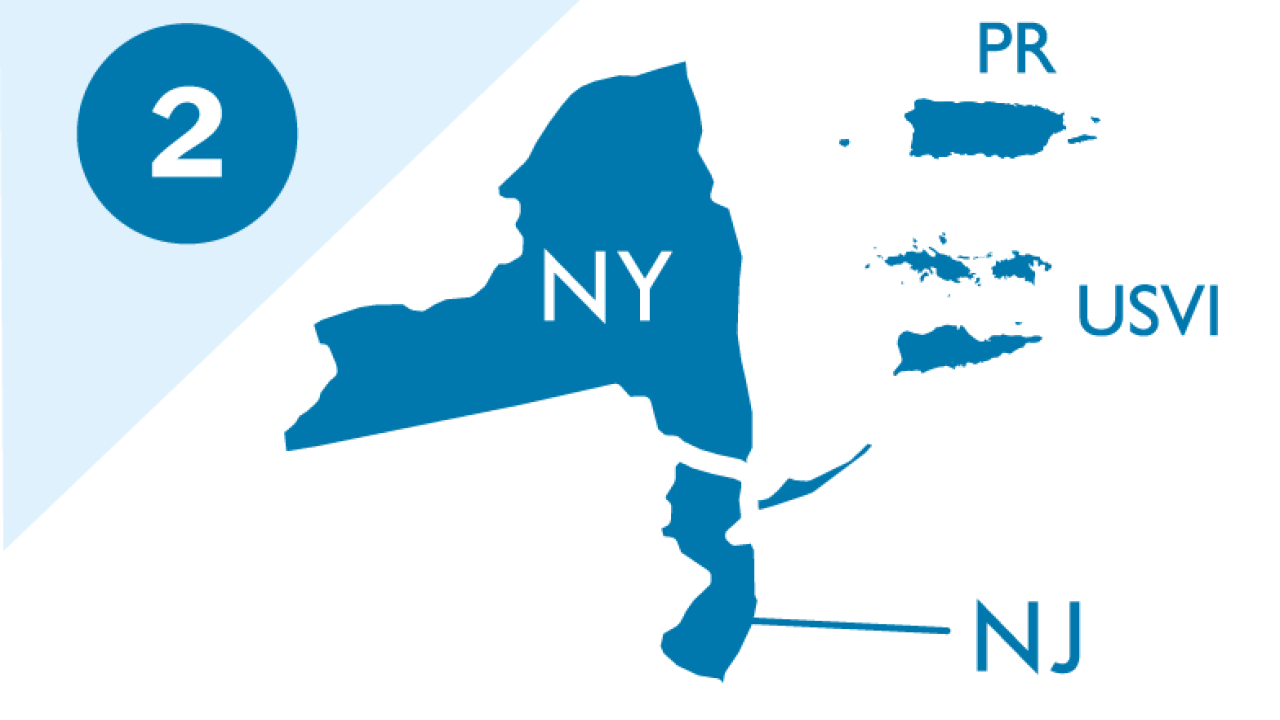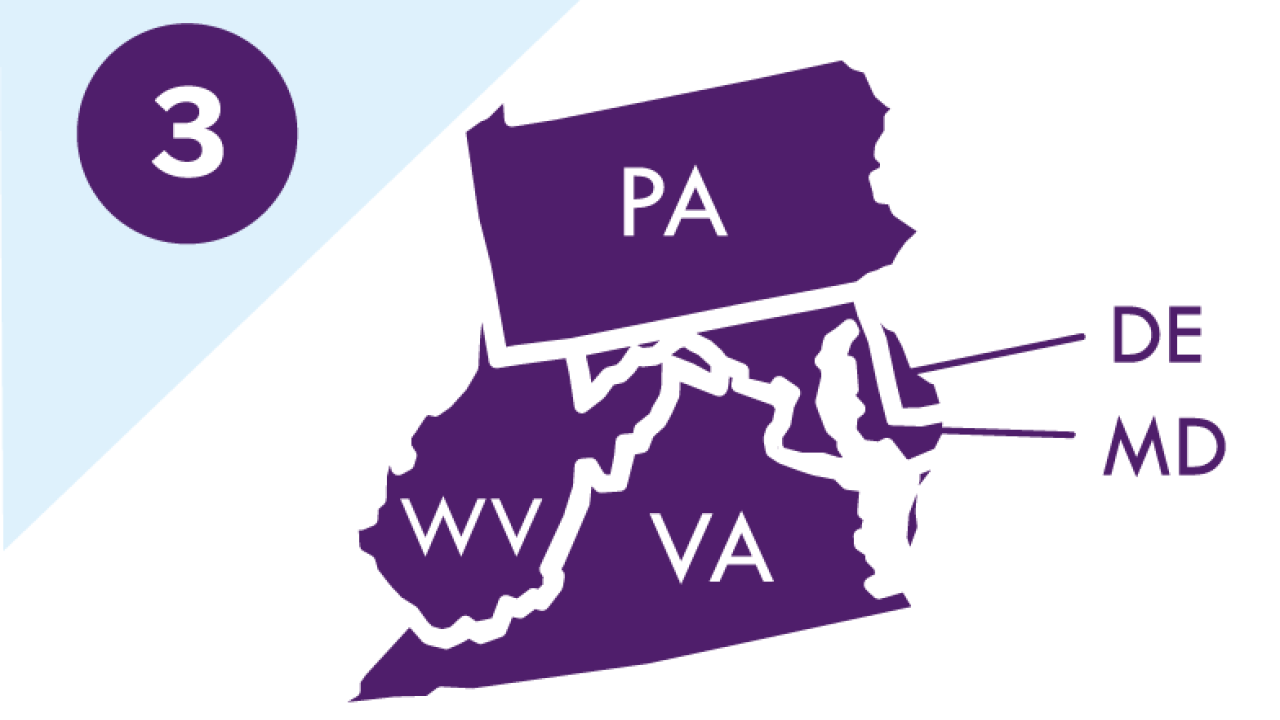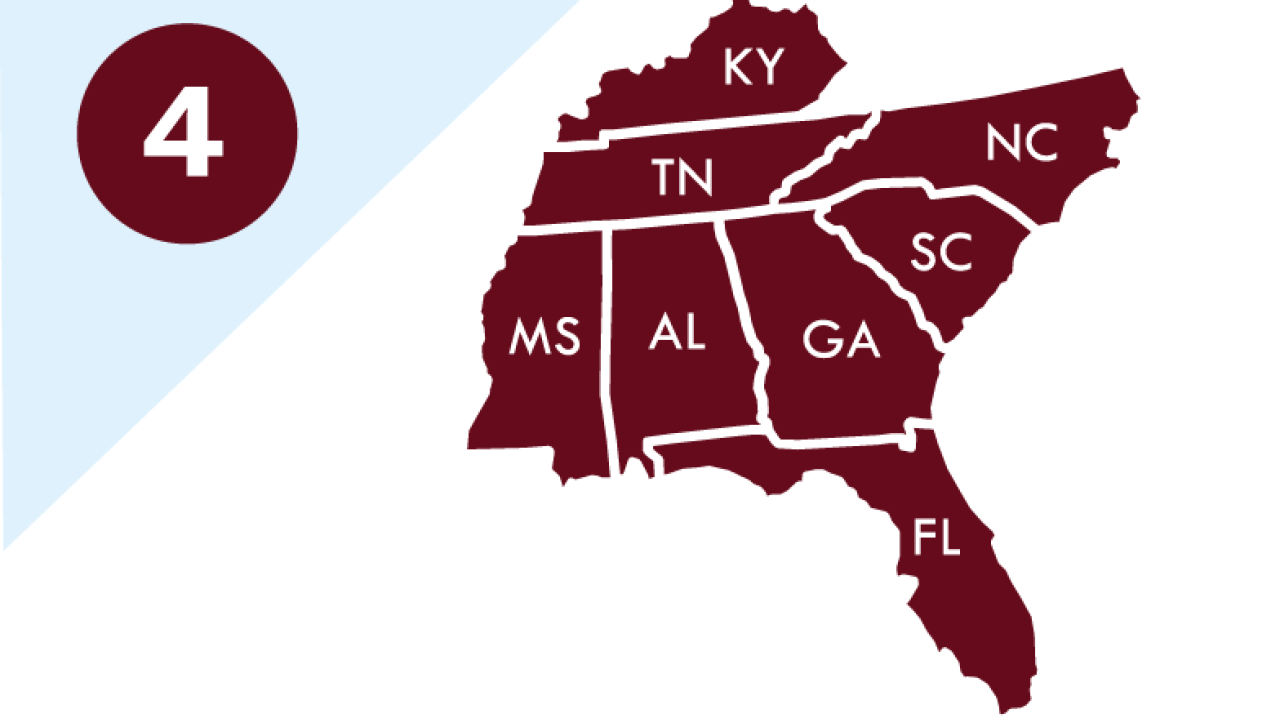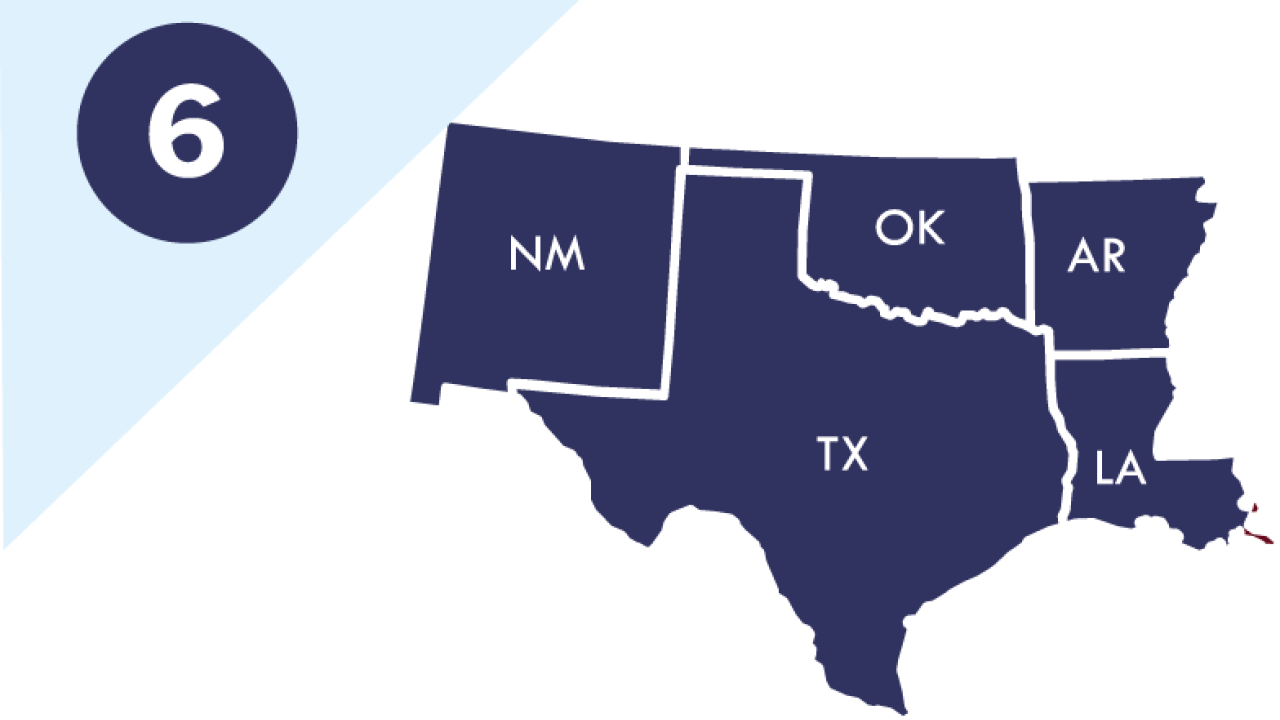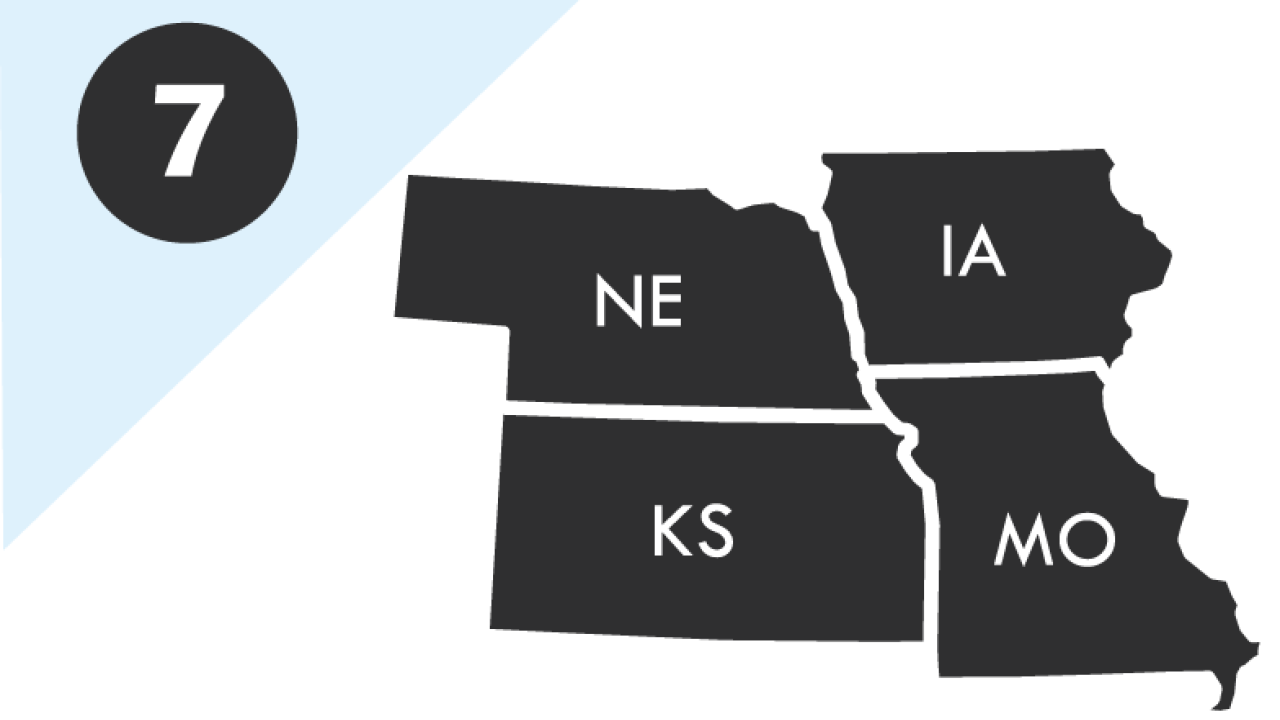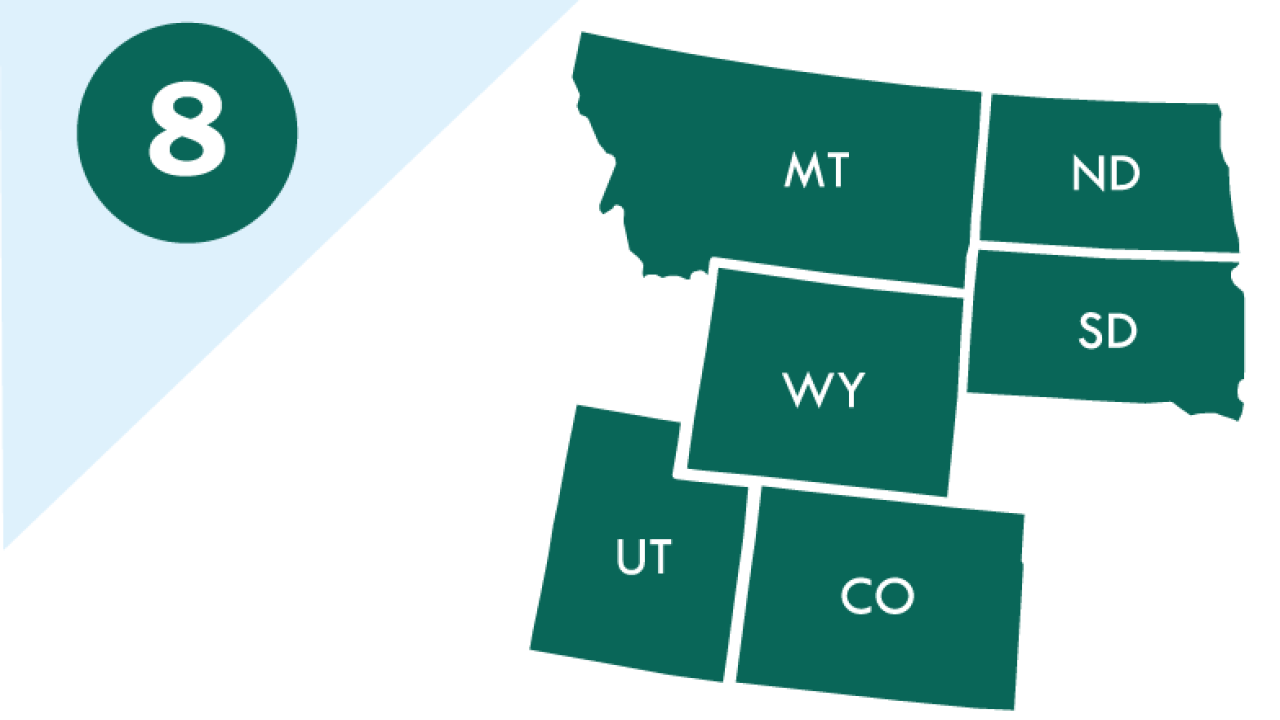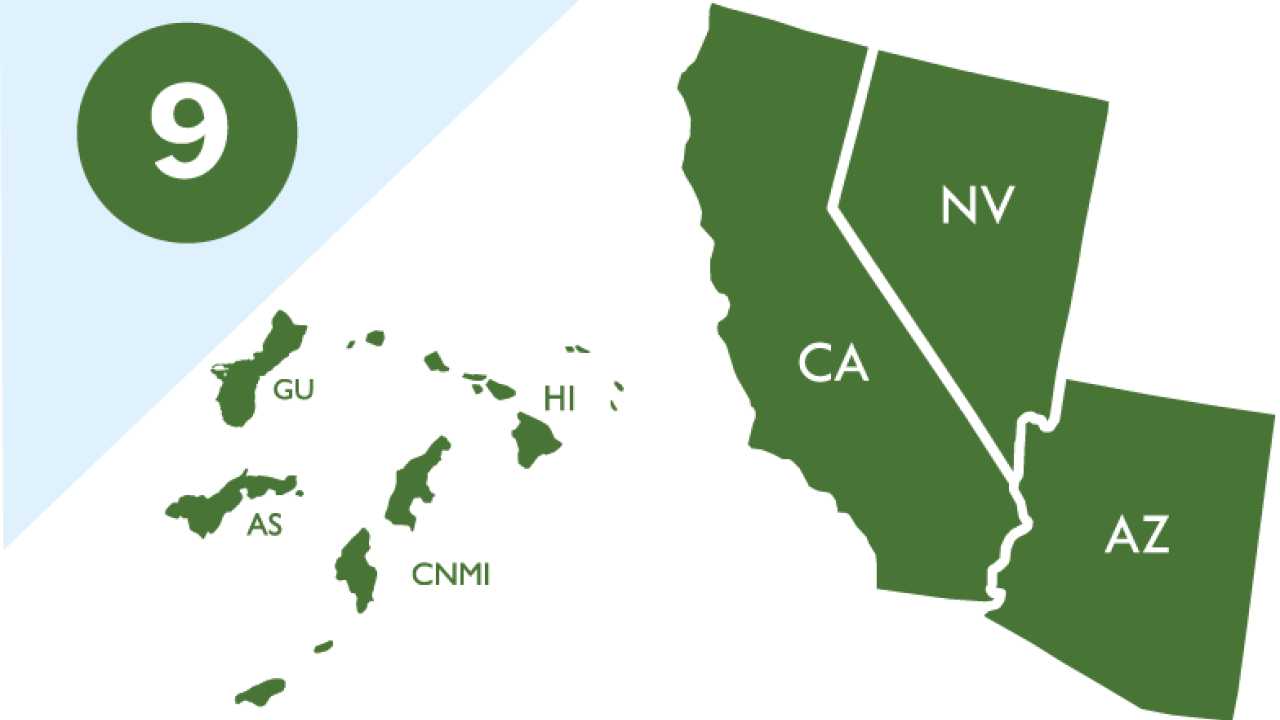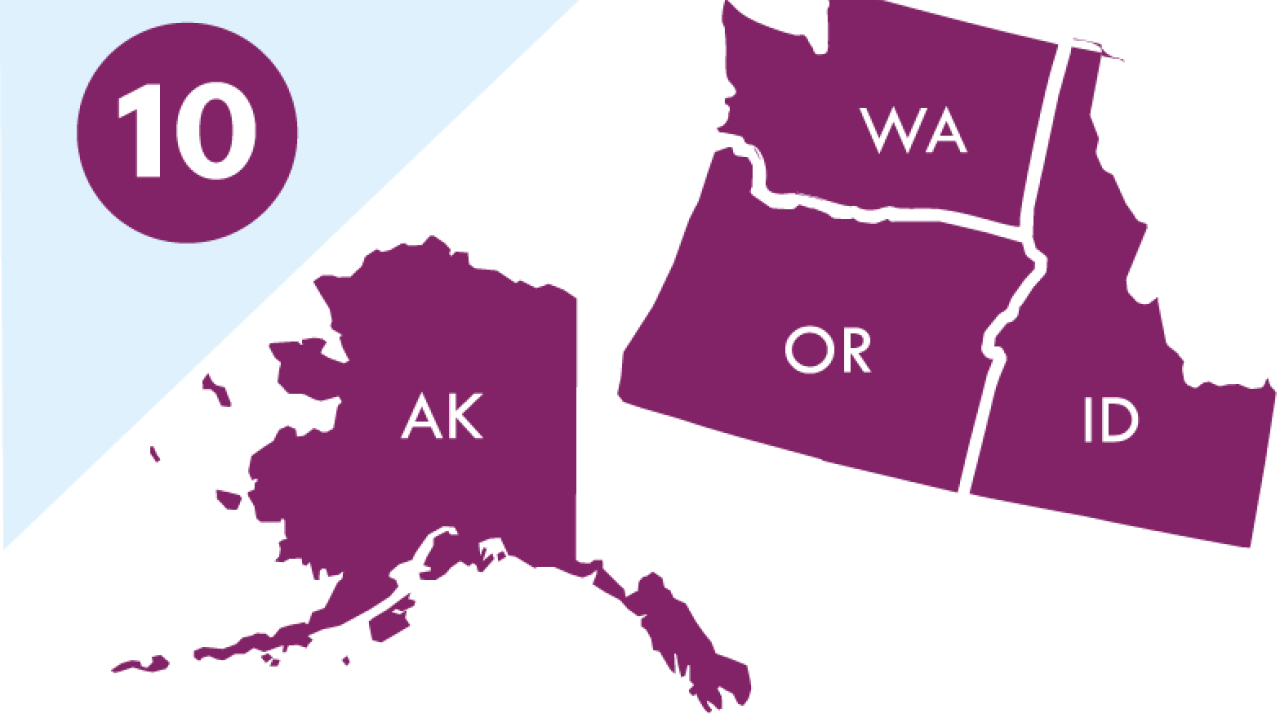
State, Local, Tribal, and Territorial Government
To protect our nation’s infrastructure, it is essential to foster relationships across government that protect critical infrastructure and reduce cyber risk. We partner and share information with state, local, tribal, and territorial (SLTT) governments to increase reach and impact across the nation, as cybersecurity threat actors are not limited by geographic boundaries.
CISA develops and implements many information sharing programs and resources that help SLTT governments protect themselves from a variety of CISA-identified threats, lowering risk before an incident and unifying defensive actions should an incident occur.
Featured Content
Emergency Communications State, Local, Tribal, and Territorial Coordination
State, Local, Tribal & Territorial Cyber Information Sharing Program
Latest News
Discover the latest CISA news related to State, Local, Tribal, and Territorial Government.
Alerts & Directives
Alerts provide timely information about current security issues, vulnerabilities, and exploits.
ED 22-03: Mitigate VMware Vulnerabilities
Services
CISA has compiled a list of free tools and services to help SLTT governments further advance their security capabilities. This living repository includes services provided by CISA, widely used open-source tools, and other free tools and services offered by private and public sector organizations.
Automated Indicator Sharing (AIS) Service
Malware Analysis

Cyber Resilience Review (CRR)
Helpful Resources
Use CISA's resources to gain important best practices, knowledge, and skills related to State, Local, Tribal, and Territorial Government.





